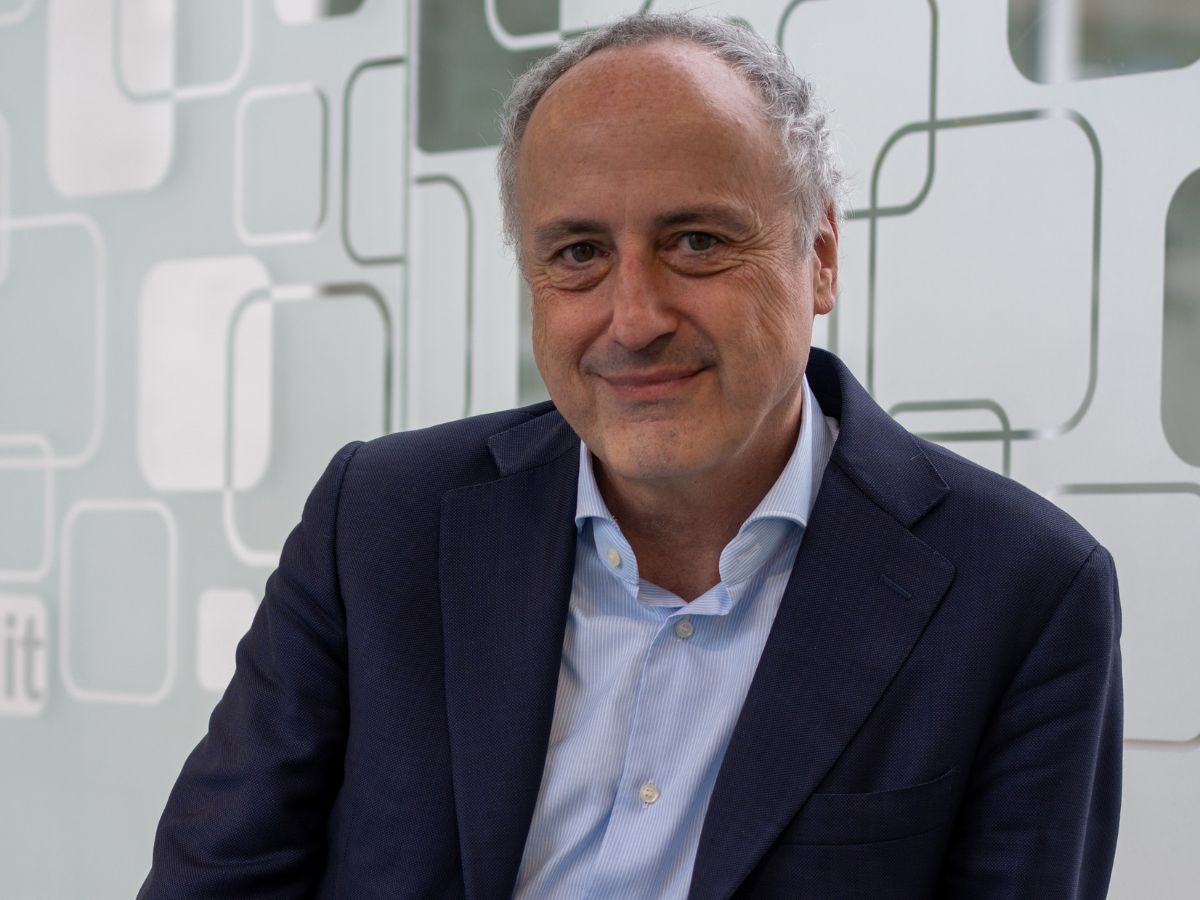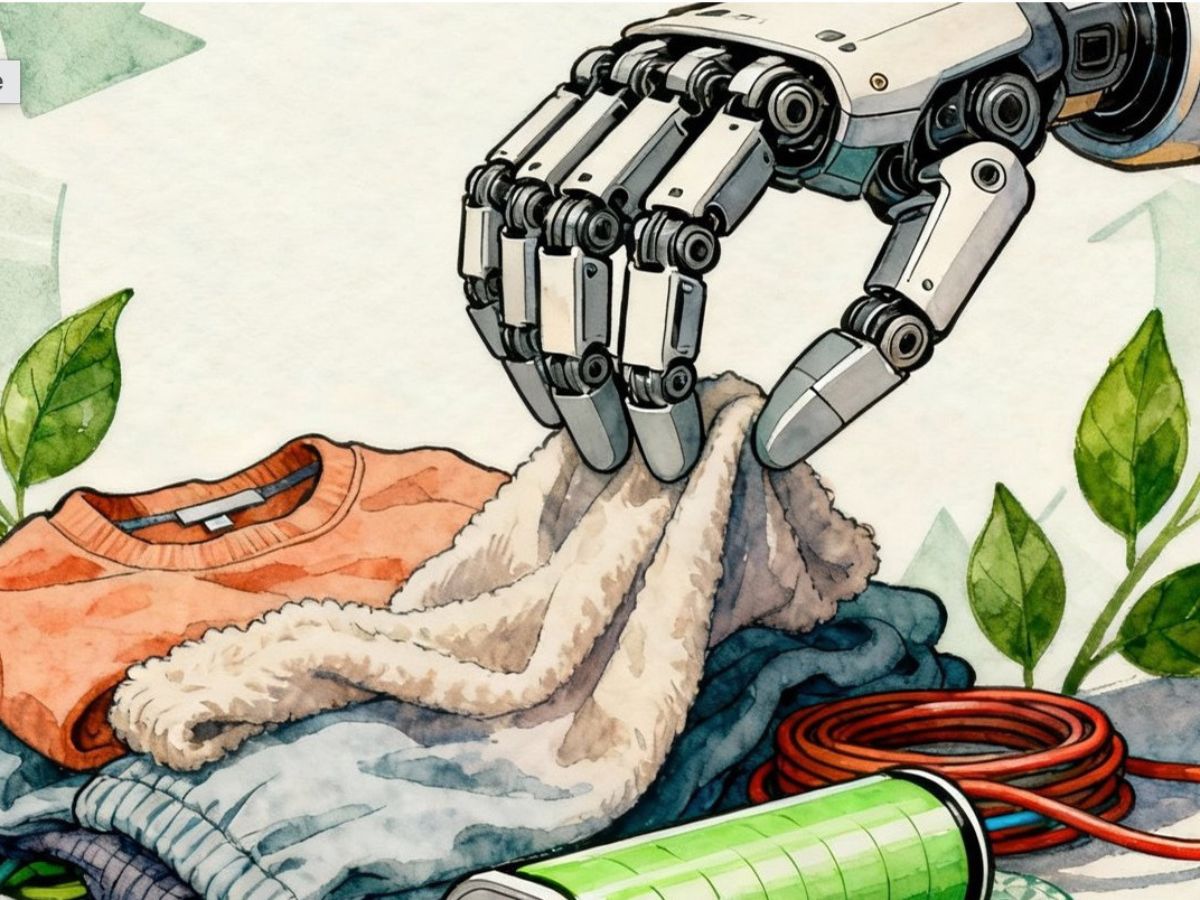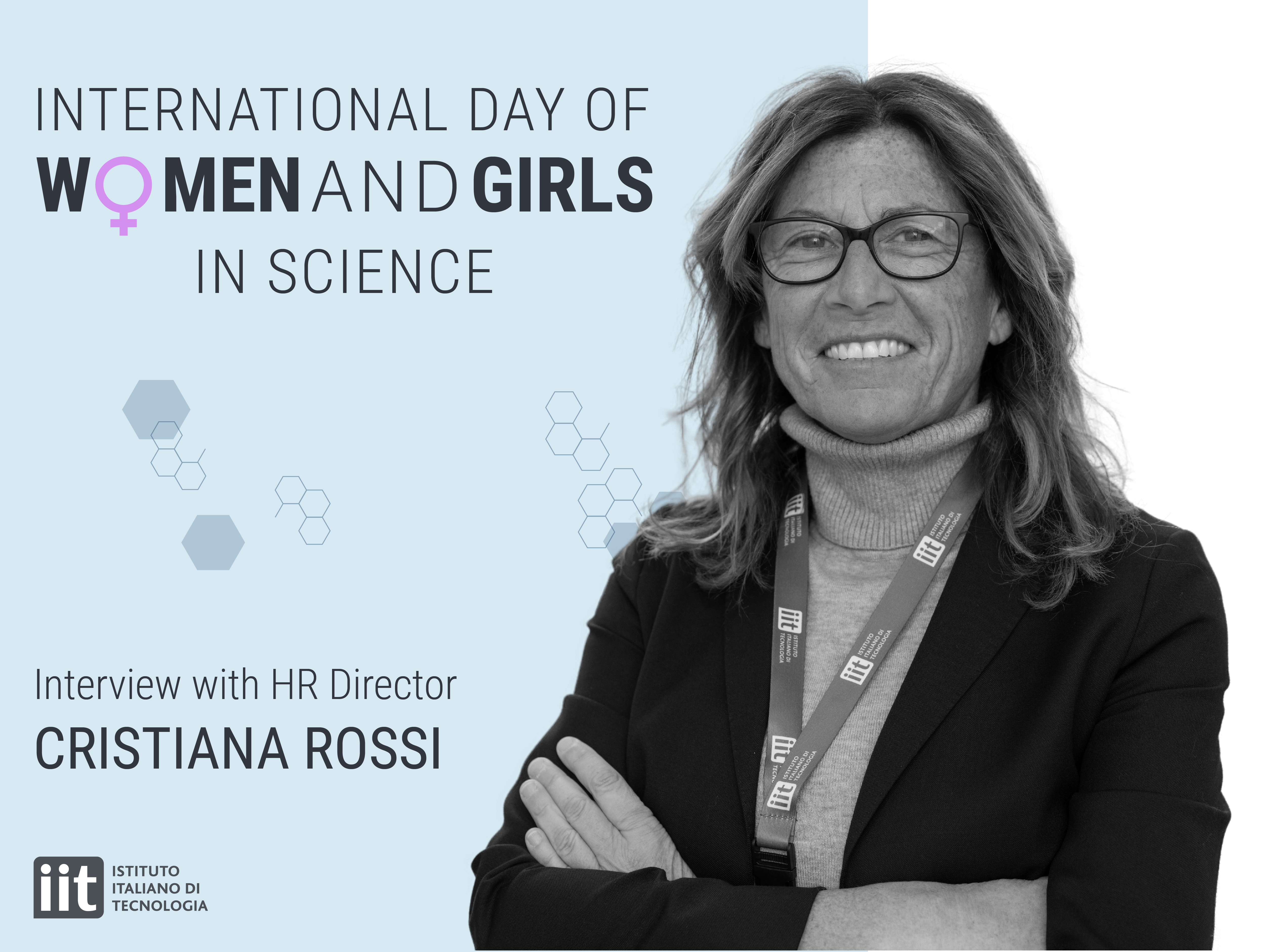Interview with Raffaella Tonini, coordinator of the IIT Neuromodulation of Cortical and Subcortical Circuits research line
Name: Raffaella
Surname: Tonini
Place of birth: Milan, Italy
Role: PI, Neuromodulation of Cortical and Subcortical Circuits
What does your research team do? We study the neuronal mechanisms underlying the capability to adapt to the surrounding environment and to the changes that disturb it. More specifically, we focus on the role of the neuronal circuits that produce neuromodulators such as dopamine, serotonin and noradrenaline, which are involved in the regulation of behavioural flexibility.
When you were younger, was this the job you had in mind? When I was young, I dreamt of working on nuclear physics. But at secondary school, I was particularly inspired by humanistic subjects, and in particular by philosophy. I liked the logic of the philosophical approach.
That time you would have wanted to drop everything and do something else: Drop everything, no. But every so often, I feel the need to take a look at other subjects, in which neuromodulation and behavioural flexibility, which I study from the mechanistic point of view, are fundamental but developed from a different viewpoint with respect to that to which I am accustomed, for example, the area of neuroeconomics.
“Publish or perish”. How does the pressure to publish influence your days and your professional choices? I think that it depends a lot on the life and career phases in which you find yourself. As a PI, my answer is different to when I was a postdoc. Publication has many different interpretations. On one hand, it represents the highest recognition, or sublimation, of your work as a scientist, regarding both the creative aspect that led to the idea, and the function of coordinating the individuals who contributed to the research. In addition, publishing guarantees visibility inside a peer system in which it is necessary to attain recognition. Lastly, in a meritocratic system such as that at IIT, publishing is important in an outlook of reaching the tenure track.
When did you realise you were going in the right direction? I don’t think that there was one particular moment, but rather a number of crucial steps that were also important developments for my life overall. The first was when I won support from EMBO and the Human Frontier Organization in order to go to work in London, because that was the first significant mark of recognition for my work, which was followed by an international transfer. Another more recent occasion was when I returned to Italy as leader of a research group at IIT and attained a tenure track position.
What is your next goal? I am working to complete a number of different research projects, that I consider as pieces of a puzzle that could extend to infinity and that, when they have been fitted together, will make it possible to provide a response to my scientific quest. I would like to be able to extend this type of approach to research in general, enabling me to interact with subject areas different to my own, in order to provide a response that is integrated to the highest degree possible, so that the benefits arriving from the research that I perform can be applied in different areas.
What is the toughest aspect of your job? The most challenging, and at the same time, the most rewarding, aspect, is succeeding in keeping everybody who is working with me motivated and “on the ball”. Performing research involves a long and tortuous path. From the moment that one begins to define an idea from which to start, to the moment of publication, it is a procedure that calls for a lot of effort and sacrifice. As PI, I have the role of propelling the group, while at the same time preventing unsubstantiated enthusiasm, ensuring scientific rigour and checking the data.
Senior researchers necessarily have to deal with many bureaucratic aspects. Apparently, this aspect does not fit well with the research activity. How is that for you? I think that it is a factor that, like others, should be taken into consideration in order to benefit from the infrastructures that are essential in order to attain our objectives. Of course, the delays that occur as a result are burdensome for the entire process.
Who should invest more in research compared to what is done today? It is fundamental to invest in research, because science produces precise data. If research is financed, and as a result, scientists are able to work with the required discipline, there is progress in knowledge and in the cultural level of the entire country, and so I believe that in first place, the Government should invest in fundamental research.
Do people talk about science outside the labs and the academic world? In my opinion, people don’t talk about science very much, and very often, those who do are not knowledgeable enough to do so. The important thing is that people should be aware of what is done within research centres; it is not necessary to go into the technical details, but it is important to talk about the work using appropriate terminology and the necessary precision.
Who gave you the most important advice during your journey? I have to say that during my career I have been lucky enough to meet several people that I consider as my mentors, who gave me both a passion for research, and a spirit of dedication and discipline.
What would you say to the younger you finishing her PhD? I would advise myself to define, with great clarity, my long-term career objectives, and consequently take targeted professional and personal decisions that would give me the freedom to always select the best option for the path of academic research that I had planned.
Is working in different countries essential for a researcher? Yes, absolutely, because it facilitates contact with research methods and procedures differing from those used in Italy. In addition, it encourages the development of an extensive network of contacts, and this has significant value as regards the integrated, multidisciplinary approach to research that I mentioned earlier.
You can improve one aspect of research in general. Which one would you choose? As regards the neurosciences and neurobiology sector, I would be happy to see universities promoting career developments which enhance interdisciplinary approaches particularly addressing quantitative and logistic aspects..






